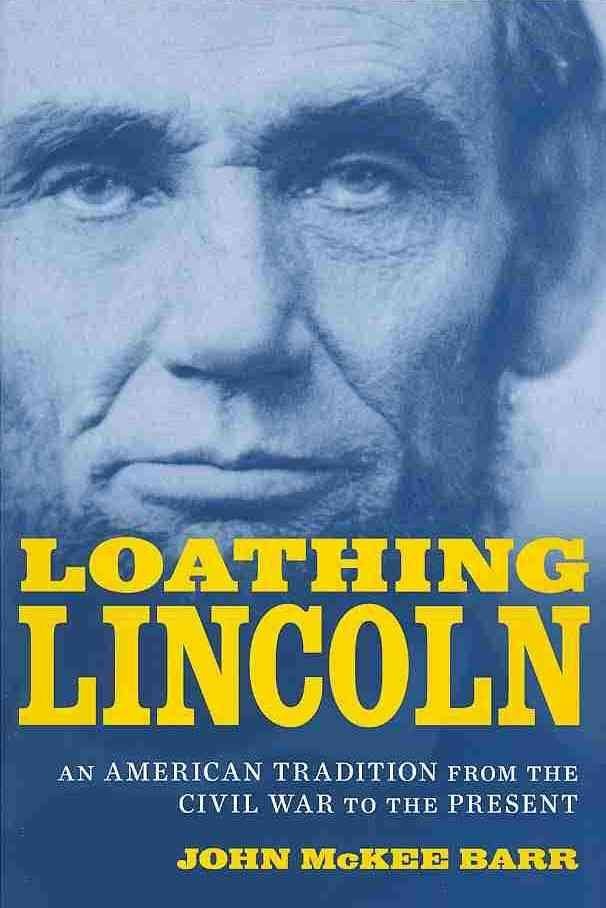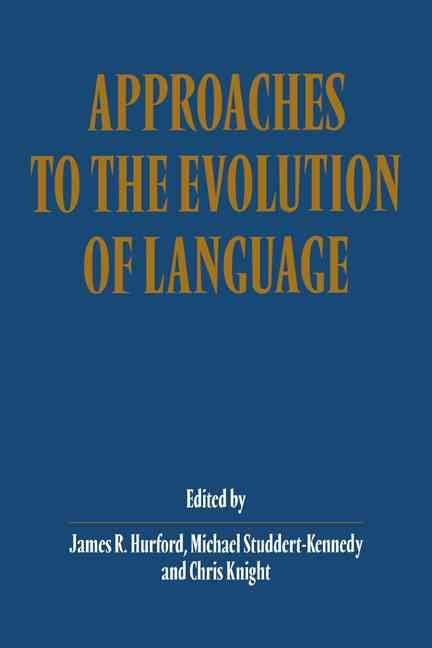The old rules of Left and Right no longer apply. Left-wingers keenly support the bombing of Belgrade and the invasion of Iraq. Tories warn against the threat to civil liberties. The ‘progressive’ BBC gives a fair hearing to the Conservative Party. Socialist journalists turn and rend Ken Livingstone. In democratic London, merely expressing your opinion can be seriously bad for your career, while in autocratic Moscow you can say pretty much what you like, provided you don’t do anything about it. The tearing down of the old Iron Curtain may have allowed markets to sweep into the old Warsaw Pact lands - but it has also permitted revolutionary left-wing ideas to spread like a bacillus through the ‘West’. Nobody really cares any more about the old shibboleths of state ownership. The British Labour Party - which opposed nuclear weapons, supposedly on principle, when they mattered - is quite happy to spend billions on the same weapons now that they are unnecessary. The supposed ‘right’ is as confused and nonsensical as the supposed ’left’. Neo-conservatives run vast budget deficits at home and engage in utopian adventures abroad. They are actively opposed to old conservative ideas such as national sovereignty, strong families and rigorous selective education, and happy to bend the knee to left-wing orthodoxies from man-made global warming to egalitarianism. The political compass is broken, its needle swinging wildly and meaninglessly. The existing political parties have converged, or perhaps simply retreated in confusion on to what looked like safe territory, the often tried and repeated failed policies of Fabian Social Democracy, now worsened by 1960s sexual and social radicalism. They are no longer adversaries, their personnel are interchangeable and they struggle to find ways to distinguish themselves from each other. They simply ignore - or deny - huge areas of human experience and concern from mass immigration to the collapse of marriage and the disappearance of order and rigour in the state education system. Yet conventional wisdom continues to insist that formal politics can and should continue as it did before - and that an exasperated and increasingly angry electorate should place its hopes in a mere change of personnel at the next election. Peter Hitchens argues for the re-establishment of proper adversary politics and the rediscovery of principle.












